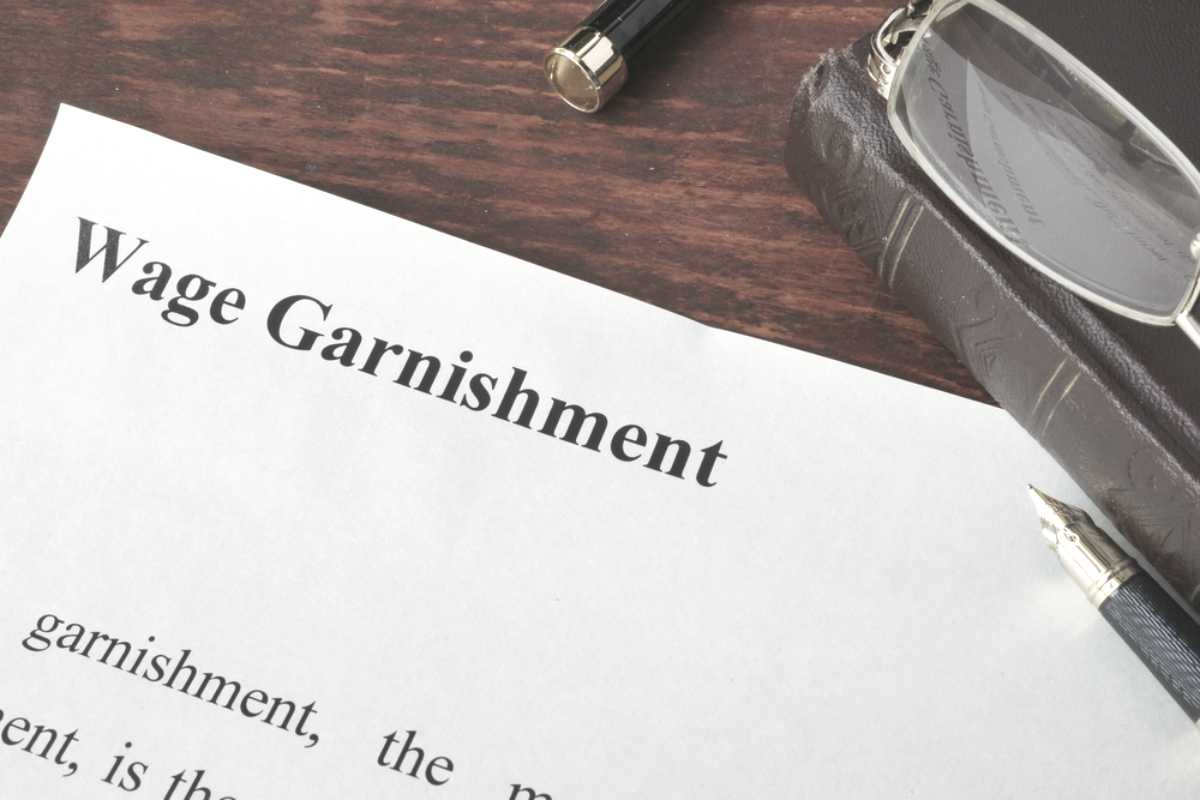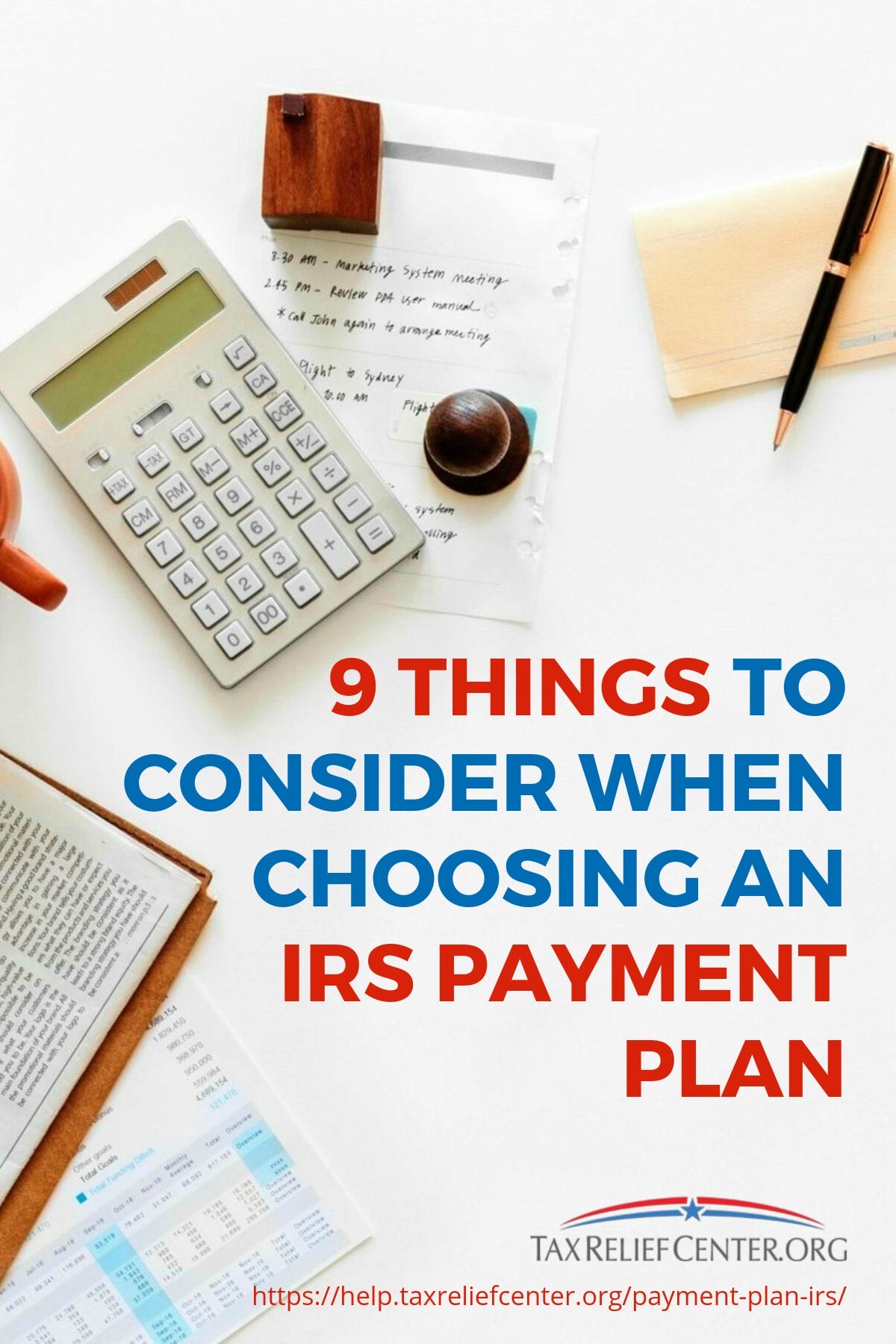If you are thinking of opting for an IRS payment plan, here are the important things to consider to help you clear your tax debt.
In this article:
- Know Your Total Balance Due
- Contemplate an Offer-in-Compromise
- Pay Through Credit Card
- Get a “Fresh Start” Program
- Request for an Installment Plan Online
- Request a Payment Plan If You Have a Huge Balance
- Try Hiring a Professional Financial Adviser
- Be Up-to-Date with Current and Future Tax Changes
- Consider the Consequences If You Don’t Pay Your Taxes
IRS Payment Plan | Essentials to Consider
IRS Payment Plan Definition: An IRS payment or installment plan allows you to pay your taxes in an affordable way, letting you avoid levies, garnishments, and other collection actions. You will still owe interest and penalties for the late payment of taxes though.
1. Know Your Total Balance Due
The first thing you need to consider in an IRS tax payment plan is how much your total due is. There are various payment options and procedures you need to follow depending on the amount.
One example procedure is for filing liens, as the IRS raises the threshold from $5,000 to $10,000 in taxes due prior to filing.
If your total balance is $10,000 or less, and you are up to date with your payments and income tax filing from the previous years, the IRS will likely approve your payment plan. If so, you may have to pay $43-$105 in fees for the installment agreement.
The agreement fee varies on the agreement type of your choice whether it is an installment payment, payroll deduction, or direct debit, and the amount you owe.
2. Contemplate an Offer-in-Compromise
An offer-in-compromise is an agreement between you and the IRS that will help settle your debt for less than the total balance you owe. The IRS recently changed the rule and raised the maximum income range from $50,000 to $100,000, allowing most taxpayers to meet the requirement.
They also raised the maximum tax owed to $50,000 from $25,000. To avail of this agreement, you need an initial tax payment, a filing fee of $150, Form 656, and Form 433-A.
This option is your last choice to create an agreement with IRS as the institution expects you to use other possibilities before you apply for this. They will determine if you qualify for the program by the following factors:
- asset equity
- expenses
- income
- ability to pay
3. Pay Through Credit Card

As you pay your taxes over time, the IRS charges you an interest of 3% plus applicable penalties that will continue to accrue until you clear your balance. It may be a better option to use your credit card and pay off its comparatively lower interest rates.
If you decide to use your credit card (Visa, Master Card, Discover, and American Express) for a payment plan, one of the three approved providers (Link2Gov Corp, Official Payments Corp., and WorldPay US, Inc.) must process the payment. These providers charge a 2% convenience fee on your bill.
4. Get a “Fresh Start” Program
The Fresh Start program allows you to take advantage of the waived amount for up to six months for the failure-to-file penalty. The IRS will charge you this penalty if you failed to file your return.
The penalty is an additional amount you need to pay on top of your back taxes. The penalty amount may vary from 0.5% to 25% of your tax bill in a month, depending on the reason for your failure to file.
To qualify for this program, your balance should be less than $50,000. Once you qualify, use Form 1127-A to file for the program.
RELATED: What Are The IRS Payment Plan Options?
5. Request for an Installment Plan Online
An online payment plan is best for taxpayers who owe $50,000 or less in combined interests, penalties, and taxes and who are up to date on filing their returns. If you are one these taxpayers, you can go to the IRS website and navigate to the online payment agreement (OPA) page.
If your balance is less than $25,000, you may decide how much your monthly payment is under IRS OPA. Keep in mind though that you should pay the balance in five years.
If you owe more than $25,000, you should fill out Form 433-F to apply for the payment plan online. IRS utilizes the information you place on the form to know how much you will pay monthly and to put a lien on your assets.
The lien tells the public that the government has a claim against and rights to your property. If you don’t pay your taxes, IRS will issue a levy and take possession of your assets to sell them.
6. Request a Payment Plan If You Have a Huge Balance

If your balance is more than $50,000, it may be best to apply for the installment plan. You need to fill out Form 433-F and Form 9465-FS, but you cannot fill out these forms online.
With these forms, the IRS will have the opportunity to review your financial information and decide if they will approve your application. Once they approve your request, they will charge you a fee of $43-$105 depending on the payment plan you qualify for and your income.
7. Try Hiring a Professional Financial Adviser
In most cases, taxpayers can handle IRS negotiations and paperwork, but some may get overwhelmed with the process and may get nervous. For this reason, you have the option to hire financial professionals, such as tax attorneys and CPAs, to do the work for you.
8. Be Up-to-Date with Current and Future Tax Changes
Make sure you are up-to-date with the current year’s tax payments even if you paid from the previous years because there might be some immediate tax policy changes. If you don’t have enough withheld tax from your salary or if you are self-employed, you can pay the estimated tax directly to IRS through Form 1040-ES.
9. Consider the Consequences If You Don’t Pay Your Taxes
If you don’t pay taxes, the IRS will issue standard collection methods to make you pay what you owe, such as the following:
- garnishing your wages
- seizing tax refunds you are eligible for
- freezing your bank accounts
- putting a lien on your home
Aside from that, if the IRS applies any of these methods, your credit score will hugely suffer, leading to an increase in your insurance rates and credit card and loan rates. If you don’t want this to happen, consider IRS payment plans.
With these considerations in applying for an IRS payment plan for taxes, you have a better understanding of what to do with your tax debt. These essentials can guide you to a better way of paying what you owe to the government.
To avoid any unnecessary tax payments, do your best to file your income tax on time and pay what you owe as much as you can.
What other tips in setting up an IRS payment agreement can you share with us? Leave them in the comments section.
Up Next: Tax Penalty For Underpayment [2019 Edition] | Tax Relief Center



